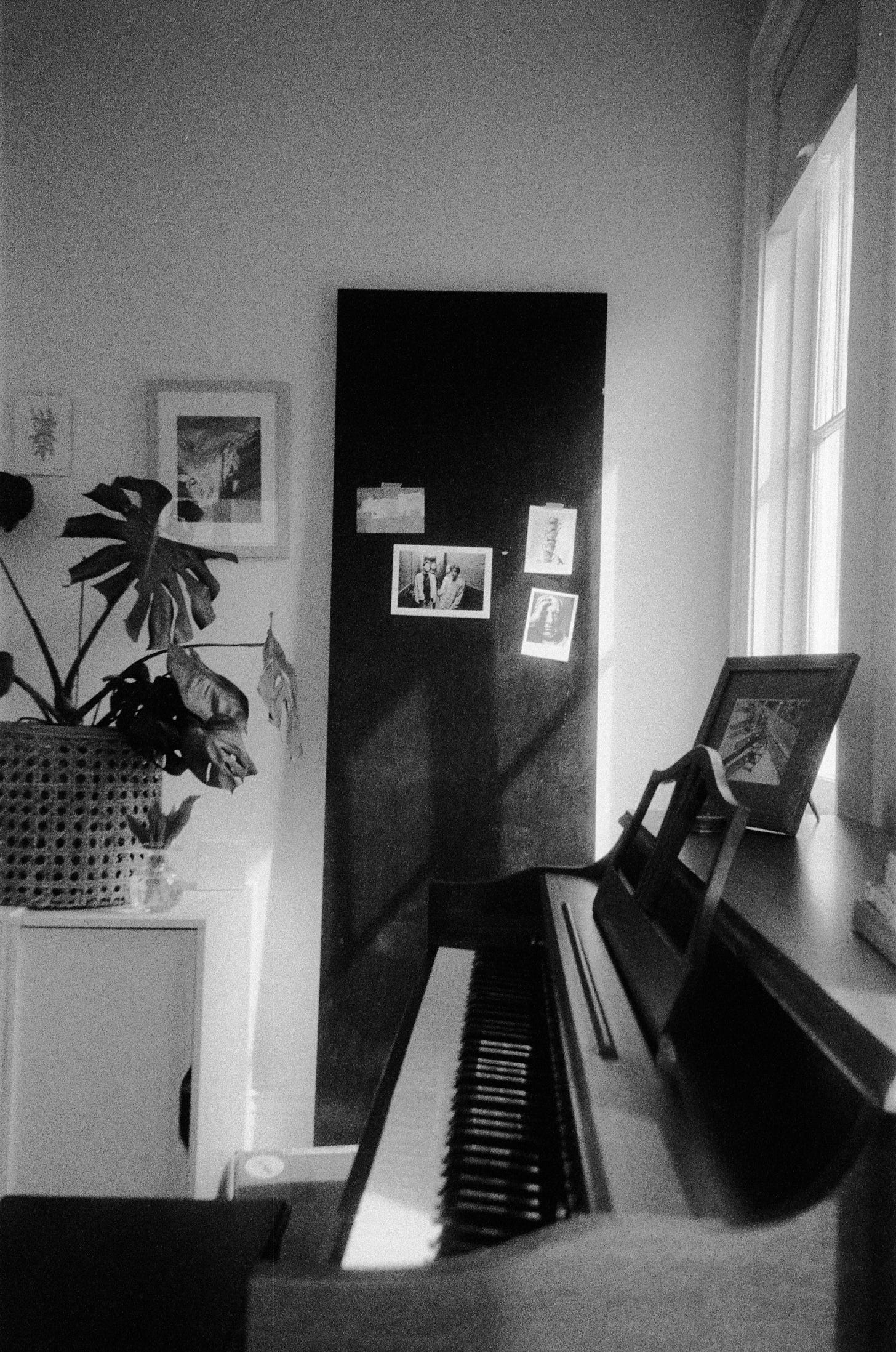Embracing impermanence in the digital age
#101: Digressions on 'progress' and the uncomfortable appeal of slower living
Today’s issue deals with something I think about often: how we can possibly begin to disconnect from technology, and why it’s important to keep considering. I think we’ve all come to a point where we know of this need, but disparage the desire due to a sense of helplessness. Count on me to keep harping on it!Moving fast through the world is convenient if you want to ignore reality.
It’s the grabbing for our phones at every lull and ebb; even keeping them very near in every sacred flow. It is googling googling googling. It is the production company and the merchandise and the automatic payment. It is the groceries delivered. It is speed and convenience and never having to question. It is a near-total loss of consciousness, giving way to and trusting the subterranean. Moving fast is breaking things. Moving fast is killing us.
Should we move slow, we do begin to sense an impermanence — the reality of death in all things. Real life, constant change. Altogether we avoid this supreme discomfort. But what if we didn’t?
I can tell you firsthand how difficult it is to put down my phone and sit and watch my thoughts for ten minutes. At first it feels like torture, because you and I, we are painfully unfamiliar with ourselves — which shouldn’t come as a surprise as we spend our days online acquainting with everyone but.
The suffering of my meditation eventually gives way to clarity, and yet more discomfort: discomfort with our collective avoidance. What will become of us if we lose sight of impermanence and the nature of life (death)?
Giving ourselves to machinery – which is neither alive nor dead – is my concern. We have become skilled dismissives and assumed the nature of our machines: immortal, restless calculators.
But we are not by nature anything but natural, living and dying and impermanent. It can feel hopeless to feed my hopes to you. I struggle as much as anyone to lay my phone down and live less hurried.
Nonetheless, I hope that we can slow our computing and calculating and begin to consider. Into the future, as the speed inevitably picks up, I hope that we can begin to find a way back to ourselves, mortally uncomfortable as we are.
The growing intelligent capacities of computerized neural networks is just a glimpse of what’s to come, and a glimpse of what should be healthily feared. Perhaps we’d be better without computers altogether.
Analogs are fondly remembered and re-invented for good reason. AI, Web3, smart-this-and-thats — they all pose their threats to truth and beauty. Even writing this here and now, on an expensive laptop, feels a twinge unfaithful.
I am not the first, nor will I be the last, to question the incoming technologies of my time. I question myself too — is this just another wave of nostalgia? But self-questioning is an important differentiator; computers do not question themselves. I know I know the truth and beauty of humanness and analog.
And so I will visit museums. I will draw on paper. I will think of real things and watch the leaves dance. I will write reckless and make dull photographs and read in English. I will imagine and remember. I will cozy with impermanence and make a friend of death.
I will be sure that I know I will not last, and so I will love my living.
Real miscellanea
In Praise of Slowing Down, from
“Time moves differently when you’re fully present. When you walk down your childhood street and admire the greenness, the softness after torrential rain: the streets thoroughly cleaned by downpour. The freshness of flowers and fruit: frangipani, crepe flower of bougainvillea, green chillis. Glinting in the mid-afternoon sunlight. You’re not used to moving without a phone on you, it feels strange — no music, no podcasts, no scrolling. No ambient noise. Just the world in full detail. Time feels like honey, slow and sweet.”
The Acceleration of Addictiveness, from Paul Graham
“The next 40 years will bring us some wonderful things. I don't mean to imply they're all to be avoided. Alcohol is a dangerous drug, but I'd rather live in a world with wine than one without. Most people can coexist with alcohol; but you have to be careful. More things we like will mean more things we have to be careful about.”
One great way to read and interact with Miscellanea, as well as other talented writers and artists, is to download the Substack app. The experience there is altogether the best way to dive deeper into this ecosystem.
You may have noticed that I’ve been spending more time writing and sending out newsletters. I am indeed making a concerted effort to grow Miscellanea and if you at all enjoy this thing here, I ask that you take a moment to share it with a friend. One share goes a long way here.









